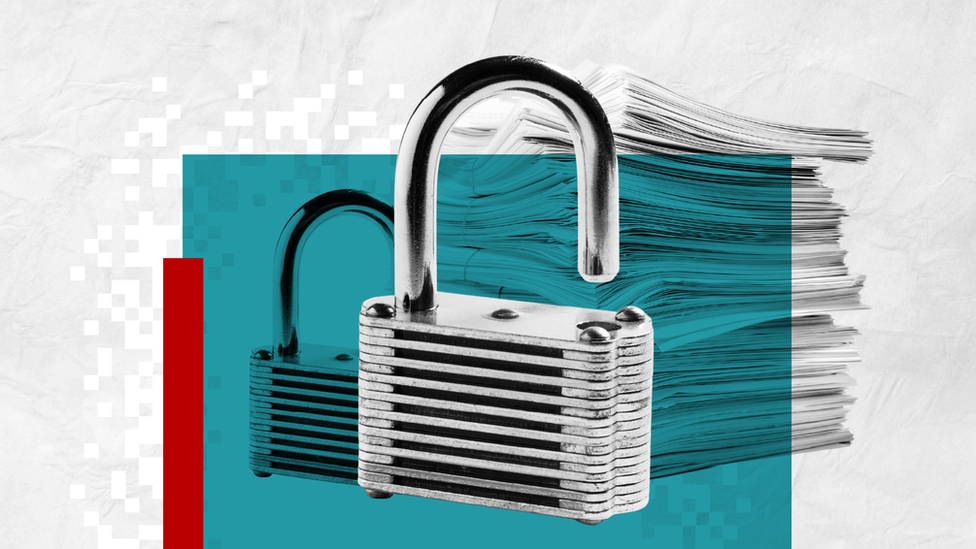Paradise Papers: Why offshore business is turned down
- Published
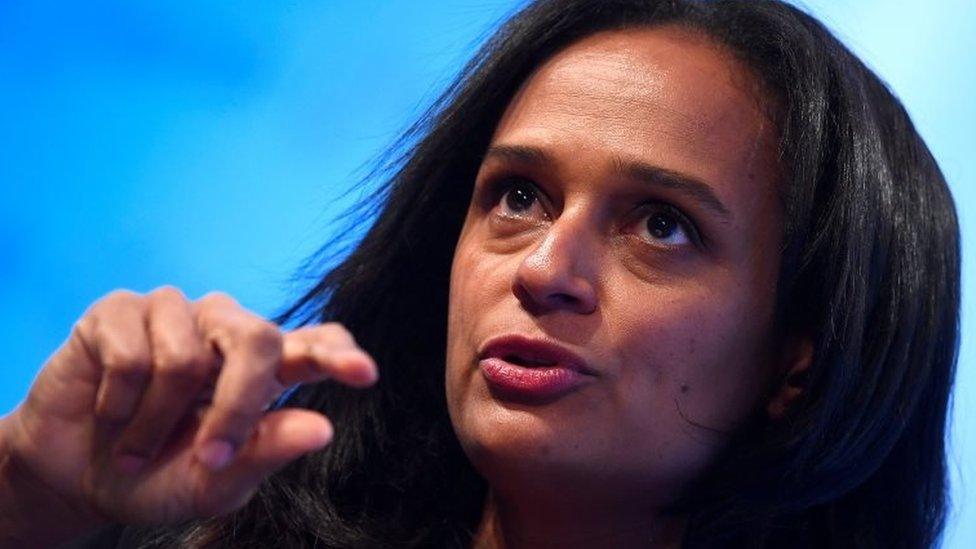
Appleby decided against a shelf company to be owned by Isabel dos Santos, the daughter of Angola's ex-president
Appleby is the main source of the leaked Paradise Papers documents and, like all providers of offshore financial services, has to check certain things with its prospective clients in order to prevent money laundering, corruption and other illegal activity.
This process is called "due diligence".
Different countries have different requirements, but most expect the service provider to know who its client is, where the client's money has come from and the purpose of the company it is setting up.
Among the applications, there are often some questionable individuals and companies trying to set up shell companies. Then there are the PEPs, or politically exposed persons. They may or may not have genuine applications but the risk they would bring has to be fully vetted.
The lawyers at the heart of the leaks
The examples below reflect decisions made at the time; it is unclear whether further requests were made. Some are shown in their original document format:

15 Feb 2012: Proposed shareholders/directors of funds, both principals produced passport copies issued by the "World Government of World citizens". This was deemed to be outside of ACSL's (Appleby Corporate Services Limited) risk parameters and these potential clients were therefore declined.
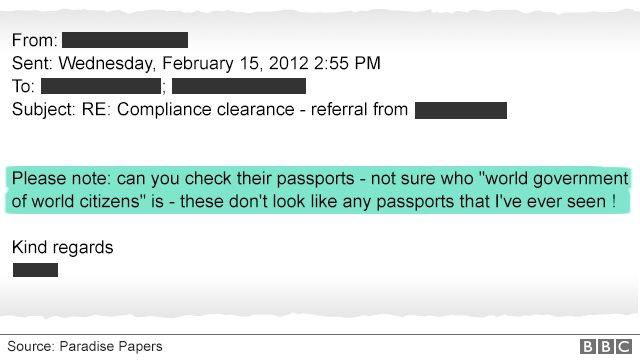
23 Apr 2012: Potential client wishes to acquire a "shelf" company in Mauritius or BVI (British Virgin Islands). The shelf company would be owned by Isabel José dos Santos, who is the daughter of the then Angolan President, José Eduardo dos Santos. The company was to be used for investment purposes. ACSL does not provide shelf companies to clients. Furthermore World-Check searches indicate both Isabel and José are PEPS. Other internet searches revealed adverse findings for both Isabel José dos Santos and José Eduardo dos Santos.
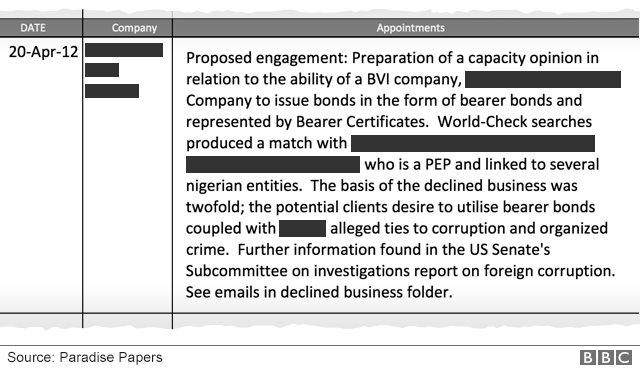
29 May 2013: Potential client wishes to set up BVI company. Details of the proposed transaction regarding citizenship and residence and activities of company is risky. Client may want to use precision guided bombs to communicate.
20 Jun 2013: Proposed engagement presented as very high risk. The High Risk Committee declined to take on the business due in part to the clients' ties to the Rwandan military thus would be PEPs and Rwanda may be on various sanctions lists, and bribery and corruption are of concern. The company proposed business will be conducted in a non-recognized jurisdiction.
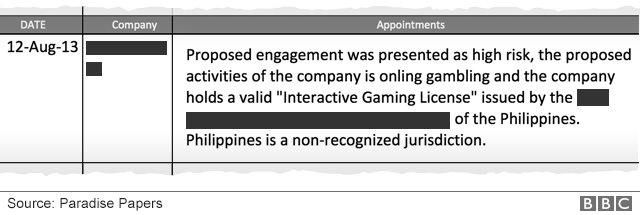
20 Jan 2014: Proposed engagement presented as high risk as the proposed business dealings are concentrated in the Middle East and Iran. Iran remains the subject of several sanctions and we could not mitigate against bribery and corruption risks and the payments to escrow could be illicit.
10 Mar 2014: Potential engagement requested our service to incorporate a company which will be a holding company providing instant exchange between Bitcoin* and Kenyan Shillings for their investors. (virtual currency related business).
*NOTE: The reasons for this decline are not known, but other documents show internal discussions within Appleby about the risk of Bitcoin being used to fund terrorism or the drug trade.
Pro-Russian fighters have been searching the site for useable ammunition, as David Stern reports
16 Jun 2014 Business for President of Ukraine: Potential engagement for companies controlled by President of Ukraine who is obviously a PEP. Without any details presented, the latest news involving Ukraine's President Petro Poroshenko regarding retaliation after pro-Russia separatists shot down a military plane in the East, killing 49, this presents an inherent reputational risk of becoming involved.

Find out more about the words and phrases found in the Paradise Papers.

The papers are a huge batch of leaked documents mostly from offshore law firm Appleby, along with corporate registries in 19 tax jurisdictions, which reveal the financial dealings of politicians, celebrities, corporate giants and business leaders.
The 13.4 million records were passed to German newspaper Sueddeutsche Zeitung, external and then shared with the International Consortium of Investigative Journalists, external (ICIJ). Panorama has led research for the BBC as part of a global investigation involving nearly 100 other media organisations, including the Guardian, external, in 67 countries. The BBC does not know the identity of the source.
Paradise Papers: Full coverage, external; follow reaction on Twitter using #ParadisePapers; in the BBC News app, follow the tag "Paradise Papers"
Watch Panorama on the BBC iPlayer (UK viewers only)
- Published5 November 2017
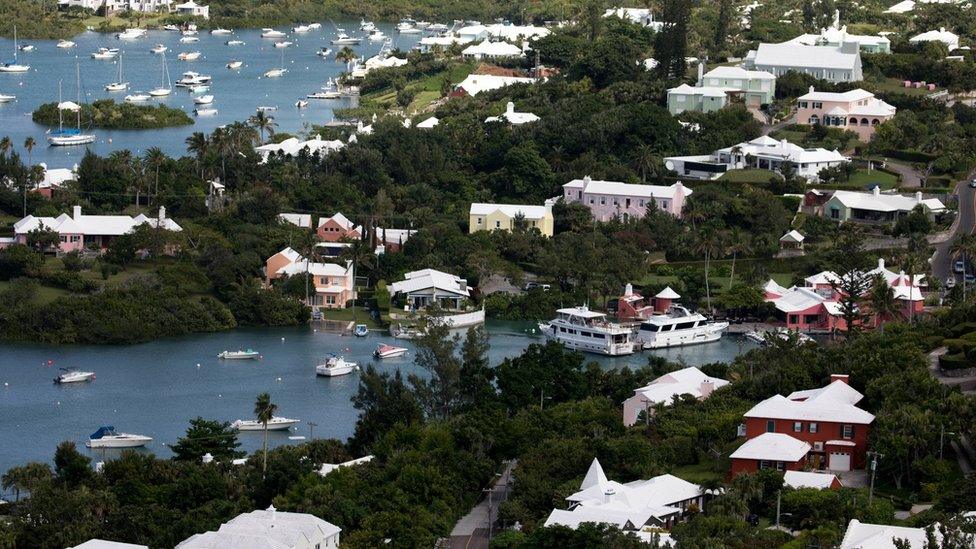
- Published5 November 2017
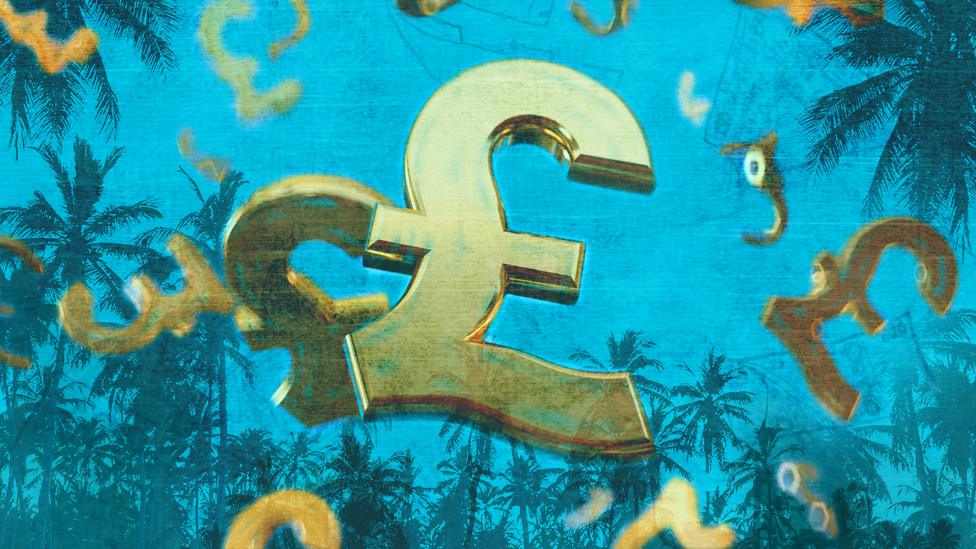
- Published3 October 2021
